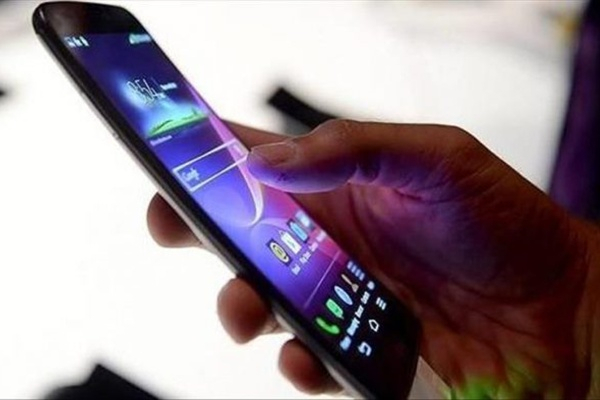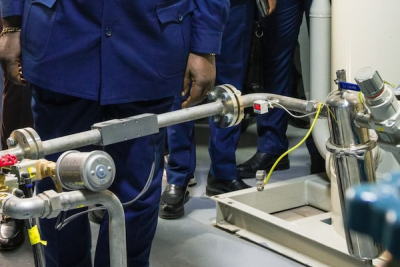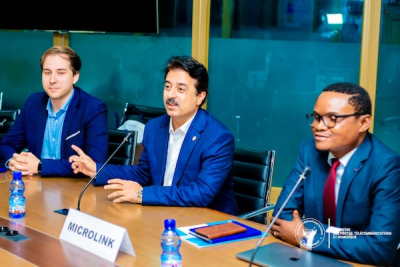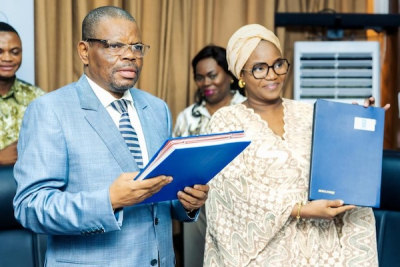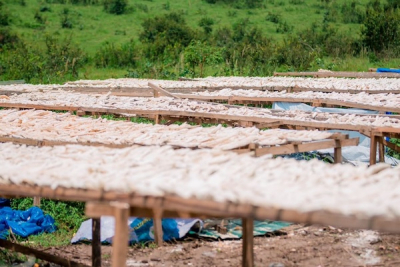In the telecommunications sector in the Democratic Republic of Congo (DRC), revenues from mobile internet services have caught up traditional voice services’. According to the Congolese Post and Telecommunications Regulatory Authority (ARPTC), major operators like Vodacom, Airtel, Orange, and Africell generated $475.6 million in Q1 2024. Mobile internet contributed $218.8 million, or 46.02%, while voice services brought in $219 million, or 46.05%.
Mobile data consumption has increased significantly. Year-on-year, the figure soared by 52.62%, from 150.2 billion megabits in Q1 2023 to 229.2 billion megabits in Q1 2024. The average revenue per user for mobile data also rose from $2.13 to $2.53. In contrast, voice traffic declined by 1.82%, falling from over 3.85 billion minutes to 3.78 billion minutes.
This shift has economic implications. The International Telecommunication Union (ITU) states that a 10% increase in mobile broadband penetration can lead to a 2% increase in GDP in low-income countries. Mobile internet penetration in the DRC currently is about 31.5%, while mobile money services reach 23.3% of the population. This indicates potential for growth as the government and private sector work to improve connectivity.
According to the telecom watchdog, the ARPTC, the mobile internet penetration rate is around 35%, suggesting the market is not saturated. The regulator’s suggestions for increasing the figure include reducing data costs and boosting access to smartphones. The average cost of a gigabit is 32.7% of the average monthly income, significantly above the recommended international standard of 2%.
ARTPC asserts "that Airtel, backed by its extensive 4G network, took the lead in the volume data market, while Africell stood out for remarkably high data consumption per user. Vodacom consolidated its supremacy in the voice telephony market, and Airtel outstripped the competition in terms of data revenues, thanks to attractive offers."
Muriel Edjo






